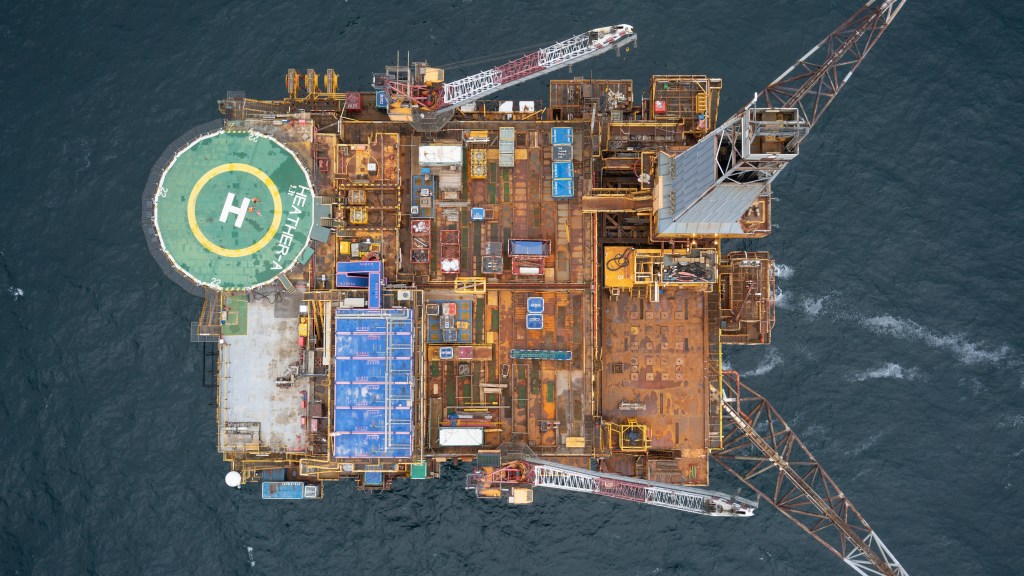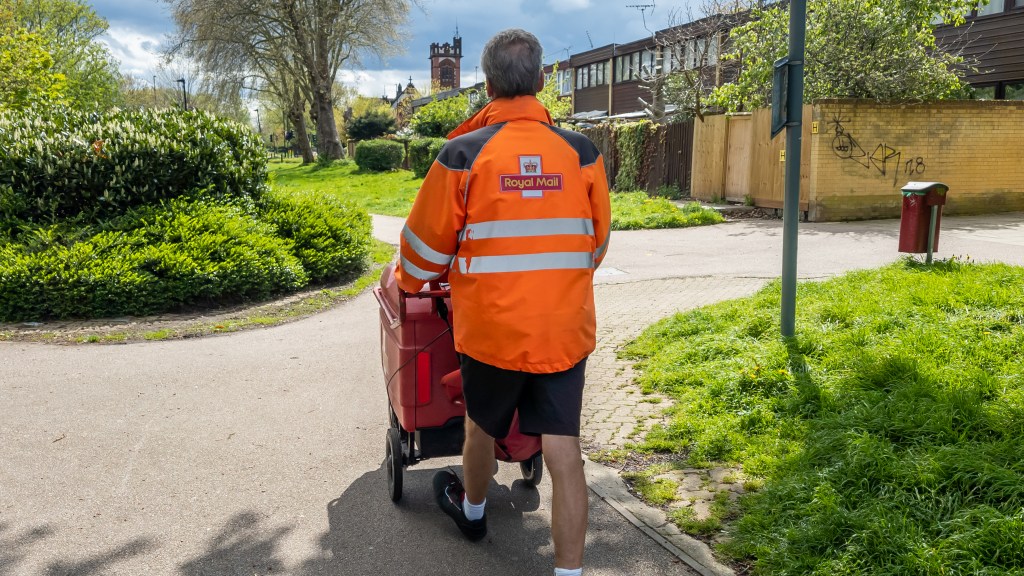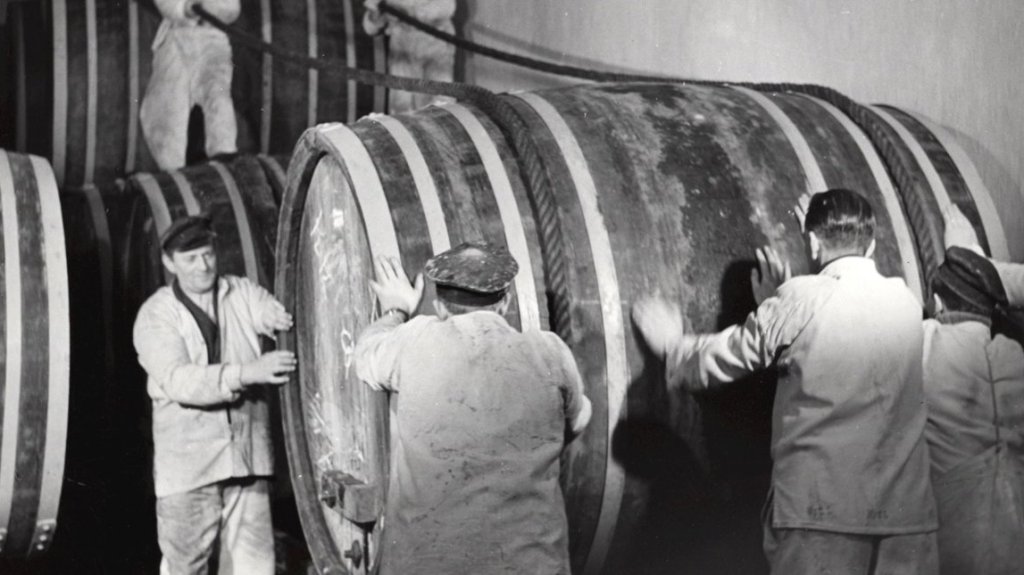Windfall Tax Threatens North Sea Oil and Gas Sector
The chief executive of a North Sea oil and gas company has raised alarms about the windfall tax imposed on offshore oil and gas profits, stating it is inflicting “irreversible damage” to the industry and jeopardizing billions of pounds of potential investment.
Amjad Bseisu, CEO of Enquest, expressed concerns that the framework established by the Energy (Oil and Gas) Profits Levy is creating challenges for operators throughout the UK continental shelf.
He revealed that Enquest has invested over £4 billion in the UK and indicated that similar investments could follow if the regulatory environment improved. Bseisu also questioned the ability of the sector to retain skilled engineering talent, necessary for a successful transition to lower-carbon industries.
The energy profits levy, first introduced in 2022 by Boris Johnson’s administration and later expanded under Rishi Sunak’s leadership, includes plans from Chancellor Rachel Reeves to increase the levy’s main rate from 75 percent to 78 percent and extend its duration until March 2030.
Producers within the oil and gas sector are hopeful that Reeves will provide incentives during her upcoming budget presentation.
Bseisu stated, “The current fiscal regime is causing irreversible damage to an indigenous and strategically important UK industry. The UK energy sector requires a progressive tax regime that acknowledges the maturity of the North Sea and helps restore the UK as a competitive investment location on a global scale.”
“We’ve invested over £4 billion in the past and we can continue to invest that amount in the future if we have a conducive climate for investment, which we currently do not.”
Enquest, a significant independent player in the North Sea, operates the Sullom Voe terminal in Shetland. The company also has oil and gas projects in Malaysia and is exploring energy transition initiatives in the UK, focusing on hydrogen, wind, and carbon capture and storage.

In its latest financial report for the first half of the year, Enquest reported revenues of $586 million, down from $770 million in the previous period, attributing the decline to weaker gas prices and reduced output. The production levels were reported at 42,771 barrels of oil per day, consistent with market expectations, while the company maintained its full-year production forecast between 41,000 and 45,000 barrels daily.
The interim pre-tax profit was noted at $111.3 million, compared to $112.9 million a year earlier, with a tax charge of $34.1 million attributed to the energy profits levy in the first half of the year.
Bseisu confirmed that Enquest plans to direct more capital towards its Malaysian operations while considering a reduction in spending in the UK, even as plans for developments at the Bressay and Bentley sites remain under consideration.
He mentioned that the company is open to consolidation opportunities within UK waters, stating, “We’re still exploring selective investments in the UK if they are reasonable and if returns are still attractive. However, these opportunities are fewer now, as the more punitive tax system has narrowed our list of potential investments.”
“In the UK, we hope to enter a growth phase in the future when the government adopts a more favorable stance on investment and allowances. It is crucial to encourage companies to invest, rather than create disincentives.”
Enquest’s shares fell by 5.4 percent by the end of trading on Thursday.




Post Comment